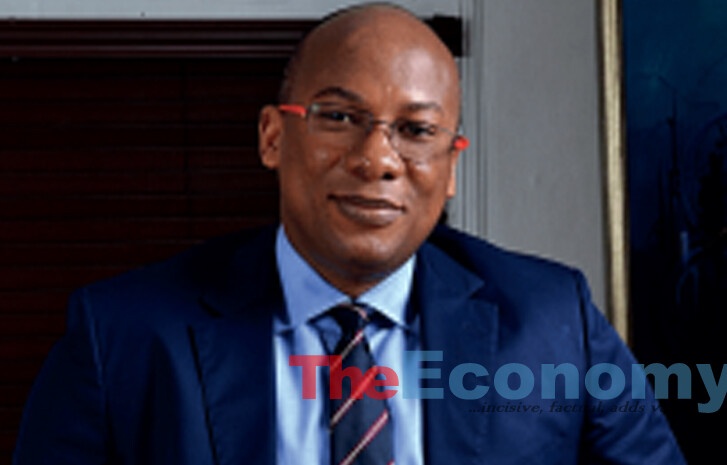Riding against the backdrop of the disruptions caused by the Covid-19 pandemic, the pan-African fintech company Interswitch is planning to revive its Africa venture by investing in more startups across the continent. Interswitch, which is Africa’s second unicorn earlier, planned an IPO before the Covid-19 pandemic put paid to that dream, company sources say that that plan is still in the offing bidding for the right time. But for now, the fintech giant plans to revive investments in African startups.
Founded in 2002, Interswitch pioneered the infrastructure to digitize Nigeria’s then predominantly cash-based economy. The company now provides much of the rails for Nigeria are an online banking system that serves Africa’s largest economy and population of 200 million people. Interswitch has expanded to offer personal and business payment products in 23 African countries. The fintech firm achieved unicorn status in 2019 after a $200 million equity investment by Visa gave it a $1 billion valuation.

Interswitch, which is well beyond the startup phase, launched a $10 million venture arm in 2015 that has been dormant since 2016, after it acquired Vanso — a Nigerian fintech security company. But the company’s CEO assured that it will soon be back in the business of making startup bets and acquisitions. According to Mitchell Elegbe, Interswitch CEO, “we’ve just certified a team and the plan is to begin to make those kinds of investments again.” Elegbe said “this time around we want to make financial investments and also leverage the network that Interswitch has and put that at the disposal of these companies,” adding that “we’ll be very selective in the companies we invest in. They should be companies that Interswitch clearly as an entity can add value to. They should be companies that help accelerate growth by the virtue of what we do and the customers that we have,” he said.
Recent venture events in African tech have likely pressed Interswitch to get back in the investing arena. As an ecosystem, VC on the continent has increased (roughly) by a factor of four over the last five years, to around $2 billion in 2019. But most of that has come from single-entity investment funds, while corporate venture funding (and tech M&A activity) has remained light. That’s shifted over the last several months and the entire uptick has occurred in African fintech around entities that could be viewed as Interswitch competitors.
In July, Dubai’s Network International acquired Kenya -based mobile payment processing company DPO for $288 million. Shortly after the acquisition, DPO’s CEO Eran Feinstein said the company would pursue more African acquisitions on its own. In June, another mobile-money payment processor, MFS Africa, acquired digital finance company Beyonic. And in August, South Africa’s Standard Bank — Africa’s largest by assets and lending — acquired a stake in fintech security firm TradeSafe.
Since the rise of Safaricom’s dominant M-Pesa mobile money product in Kenya, fintech in Africa has become infinitely larger and more competitive. The sector has hundreds of startups and now receives nearly 50% of all VC investment on the continent. The opportunity investors and founders are chasing is bringing Africa’s large unbanked population and underbanked consumers and SMEs online. Roughly 66% of Sub-Saharan Africa’s 1 billion people don’t have a bank account, according to World Bank data, and mobile-based finance platforms have presented the best use cases to shift that across the region.
Interswitch has established itself as a leader in Africa’s digital finance race. But it’s hard to envision how it can maintain or extend that role without an active venture arm that invests in and acquires innovative, young fintech startups.
For now, the company is focusing on its expansion as it plans to maintain focus on Africa for the time being. “There are enough opportunities for Interswitch on the continent. We’d like to be in as many African countries as possible…and position Interswitch as the (financial) gateway to the continent,” he said. Elegbe explained the company would continue to work through alliances with major financial services firms to open up global financial access for its African client base. In August 2019, Interswitch launched a partnership that allows its Verve cardholders to make payments on Discover’s global network.
“Nigeria has a very large population and a very large market. We have lots of challenges that need to be solved, but it makes sense to me that lots of money is finding its way to Nigeria because the opportunity is there,” he said. Elegbe’s advice to tech investors considering the country, “Don’t take a short-termist view. There are good people on the ground doing fantastic work — honest people who want to make impact. You need to seek those people out.”


